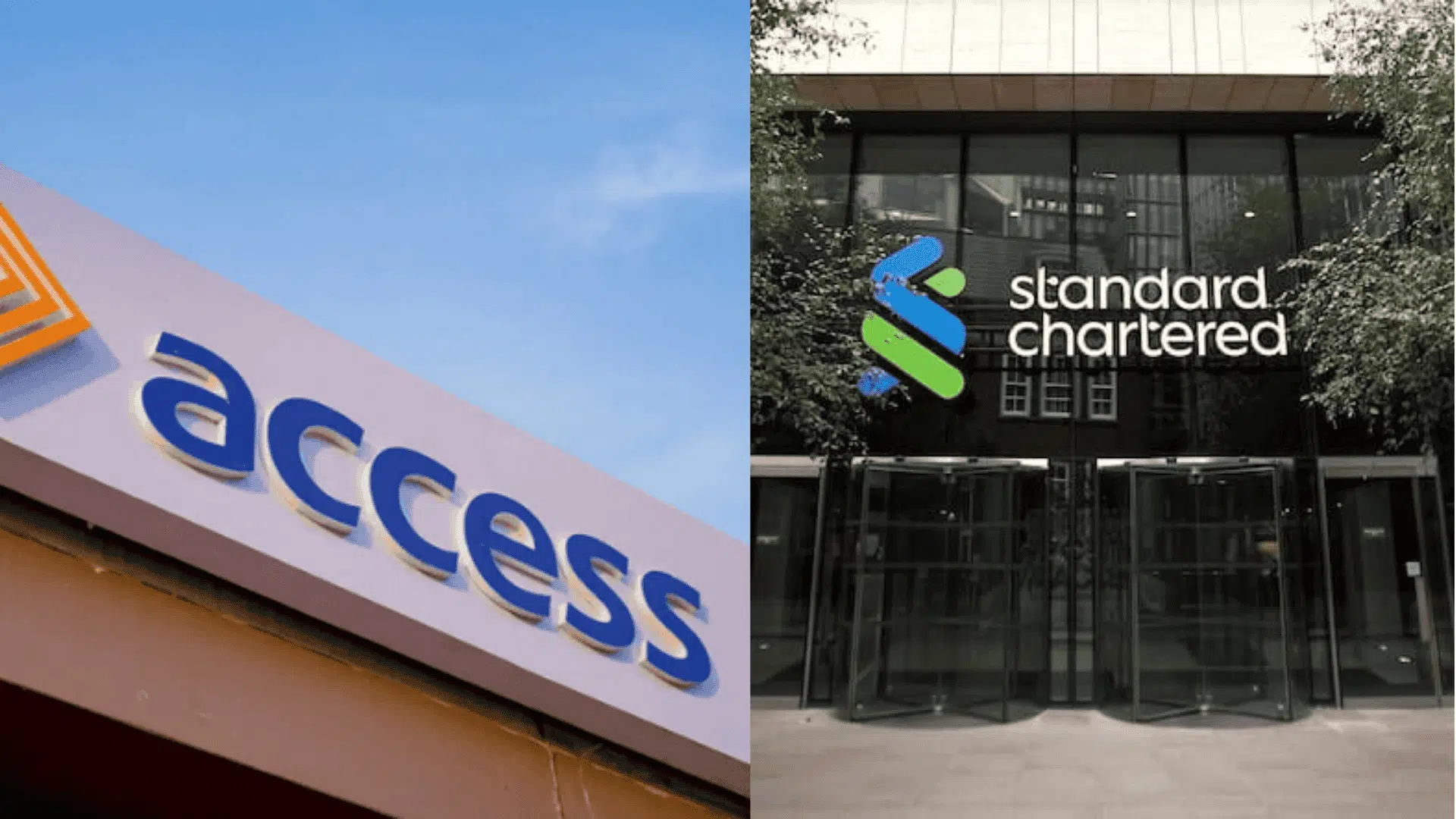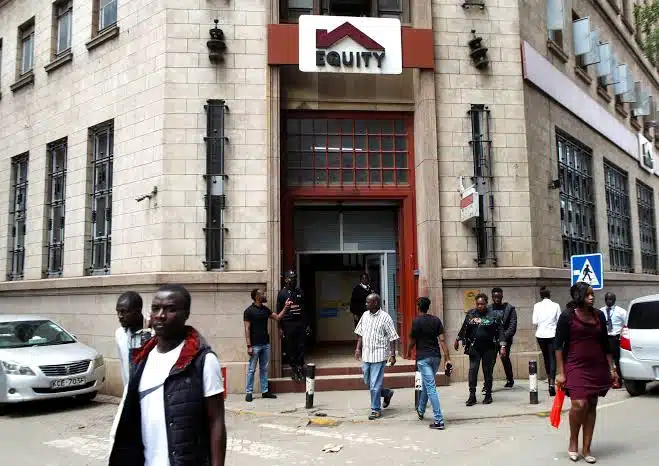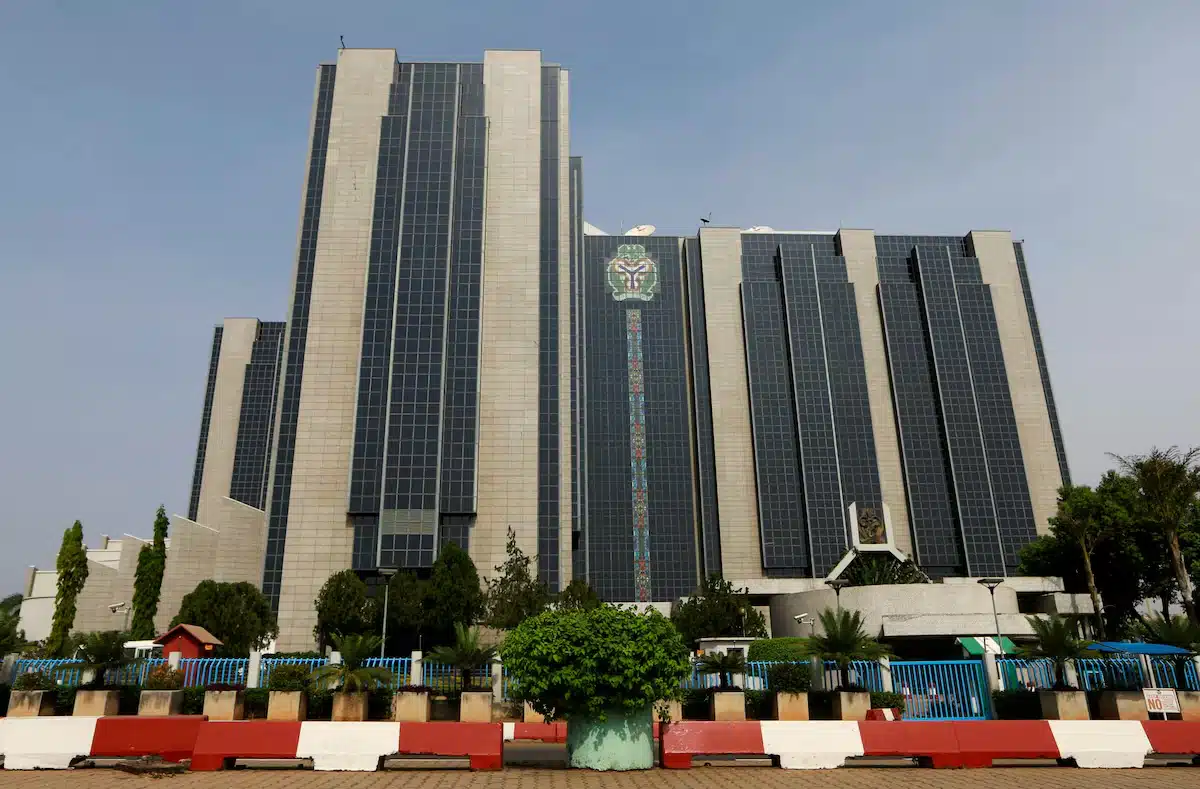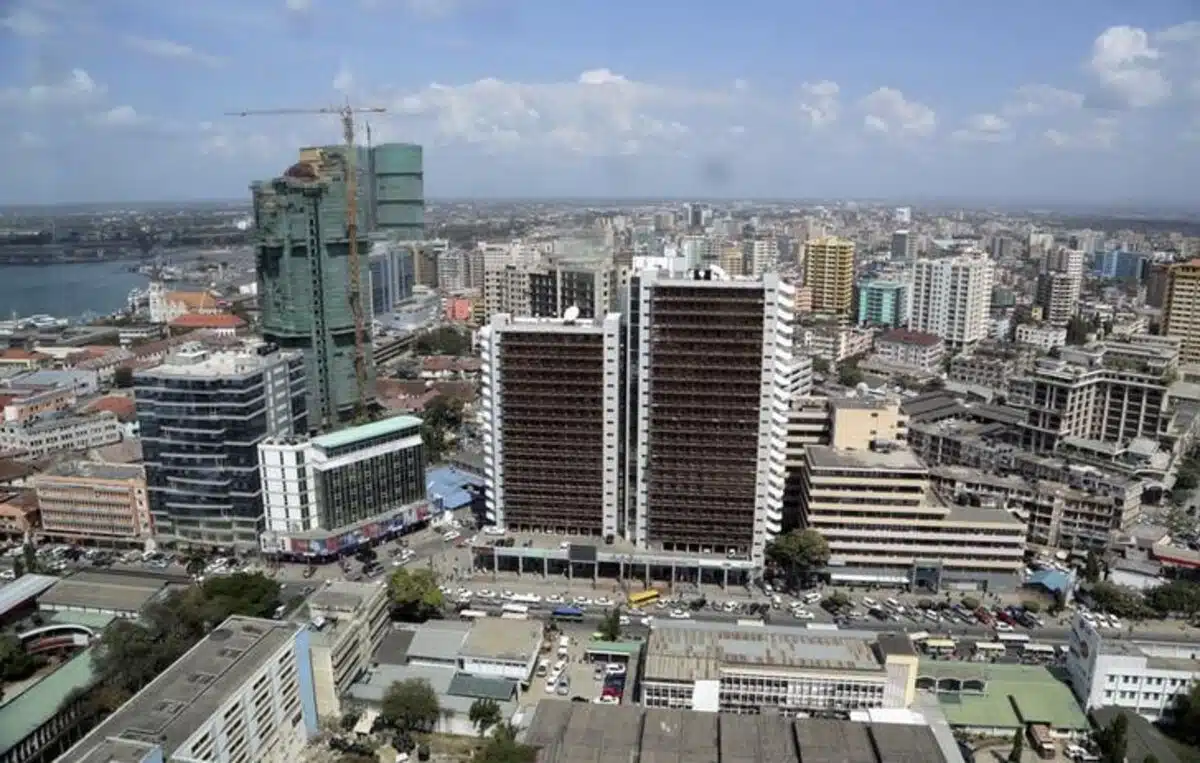Access Bank has officially taken over the operations of Standard Chartered Bank in The Gambia, concluding a transaction that marks the end of Standard Chartered’s 130-year presence in the country.
The Central Bank of The Gambia confirmed on Thursday, 13 June 2025, that Standard Chartered’s banking licence had been voluntarily relinquished, following the full transfer of assets and liabilities to Access Bank.
This acquisition is part of a broader deal signed in 2022, when Access Bank agreed to purchase Standard Chartered’s subsidiaries in The Gambia, Cameroon, Sierra Leone, and Tanzania. The Gambia transaction is the latest to be finalised under that multi-country agreement.
What it means
For customers and employees in The Gambia, the transition has been described as seamless. Access Bank has absorbed Standard Chartered’s entire staff and operational infrastructure, ensuring business continuity for corporate and retail clients.
The deal strengthens Access Bank’s position in The Gambia’s financial sector, significantly boosting its capital base, branch network, and portfolio of corporate clients. It also reinforces the bank’s reputation as a rising pan-African financial player.
Why it matters
Standard Chartered’s exit from The Gambia reflects a wider trend of global banks retrenching from smaller African markets, often citing strategic focus and resource allocation. In contrast, Access Bank is moving in the opposite direction—aggressively expanding across the continent.
With previous acquisitions in Angola, Kenya, and South Africa, Access has positioned itself as arguably the most acquisitive Nigerian bank on the continent. While peers like GTBank, Zenith and UBA have pursued organic growth and cautious expansion, Access Bank has embraced an M&A-driven model, buying its way into new markets with a mix of confidence and audacity.
The bigger picture
In recent months, the bank has been relentless. It sealed a $102 million deal at the end of May to acquire Kenya’s National Bank from KCB Group, boosting its market share in East Africa from just 0.2 per cent to nearly 2 per cent.
In December, it struck a binding agreement to buy South Africa’s Bidvest Bank — valued at roughly $156 million— and is on track to integrate the franchise with its existing South African subsidiary.
Beyond sub‑Saharan Africa, Access has set its sights on North Africa and Europe: it raised $228 million late last year to fund new branches in Morocco and secured full banking licences in Malta via its UK arm. Together, these moves underline why it remains the only Nigerian bank to embark on a truly continent‑spanning M&A spree.
This is a signal of how the balance of financial power is shifting within Africa. As legacy European banks like Standard Chartered and Barclays scale back their African presence, indigenous African banks are stepping into the gap.
Access Bank’s strategy suggests a future where African banking is increasingly defined by African institutions—not just in name, but in ambition, reach, and capital control.
Still, the question remains: can Access Bank consolidate its sprawling acquisitions into a coherent, efficient pan-African operation? Or is it biting off more than it can chew? Time will tell. But for now, it is undeniably leading the charge where others are still weighing the risks.











